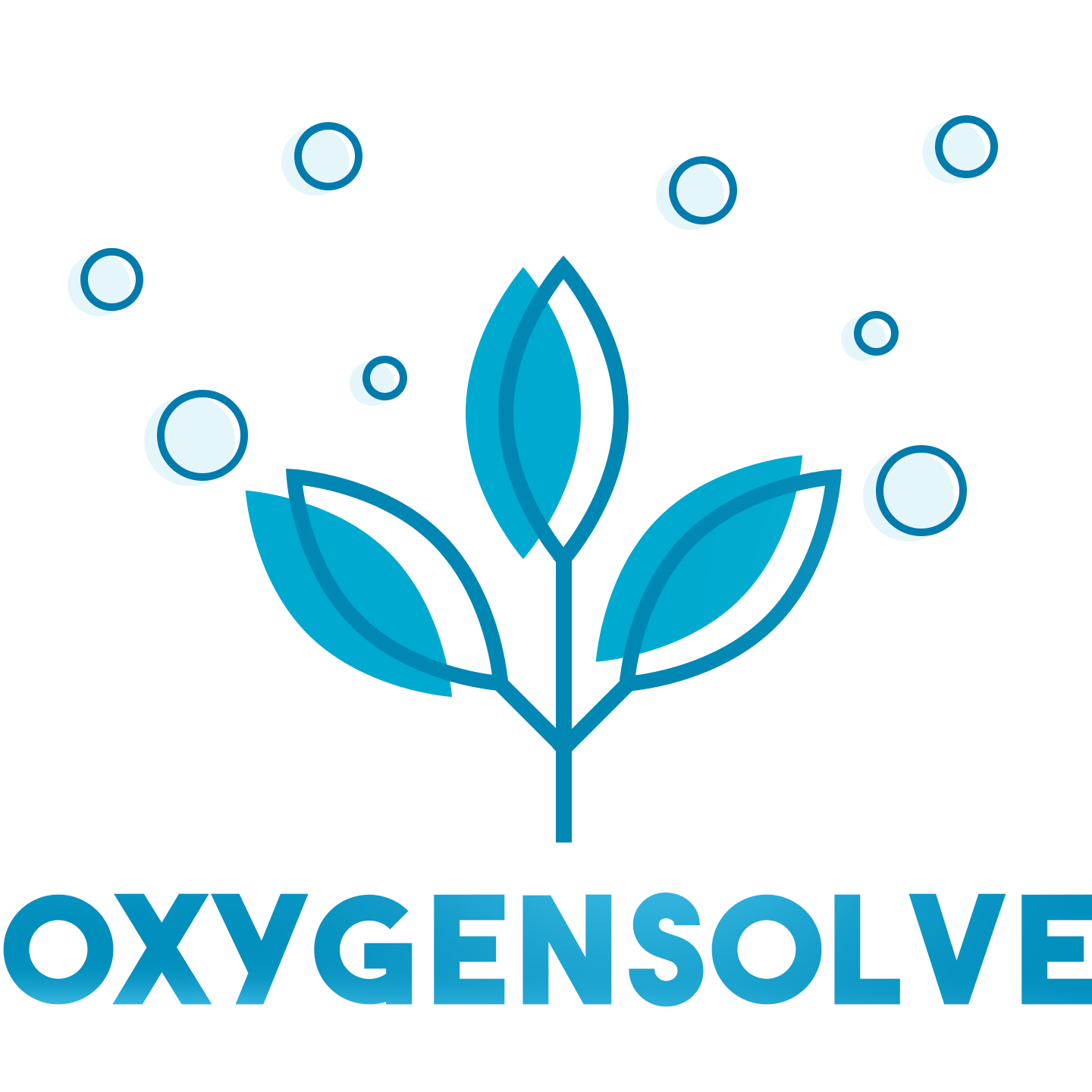Facts You Need to Know About Long COVID (Post COVID-19 Conditions)
CODE
It has been nearly 3 years since the COVID-19 pandemic starts to affect our lives. Millions of people around the world have been infected. Although most of them have recovered eventually, it doesn't mean they regained the same health level as they do before the infection. Many of them experienced or are still suffering from life-changing symptoms long after the virus passed away. These lingering post-infection symptoms are usually acknowledged as long COVID or COVID-19 long-haulers.
What is long COVID
Long COVID usually refers to the combination of symptoms that occur four or more weeks after the initial infection. These symptoms can range from mild headaches and muscle soreness to serious breathing problems, extreme fatigue, and even disabilities like loss of smell. Long COVID can be rather troublesome for it constantly affects your ability to work or enjoy your life.
Symptoms of long COVID
The most common symptoms of long COVID can include:
- Extreme fatigue
- Shortness of breath
- Loss of smell
- Muscle aches and soreness
- Other symptoms that have occurred in some cases include:
- Difficulties with memory and concentration
- Chest pain or tightness
- Insomnia
- Dizziness
- Joint pain
- Depression, anxiety, or other mental problems
- Heart palpitations
- Loss of appetite, stomach aches, or diarrhea
- Cough, fever, and sore throat
Chances of getting long COVID
The statistics estimate that about 3%-12% of infected people will have long COVID. Among those who are infected, people who had the Omicron variant are less likely to get long COVID, with a chance of 4.5%, compared to the 10.8% chance for those who had the Delta variant.
The exact trigger of long COVID remains unclear. Although people with certain conditions like high blood pressure, smoking, or obesity have a higher chance of getting post-COVID symptoms, why and how these conditions are related to long COVID is yet to be figured out. While more severe symptoms in initial infection are more likely to cause long-term problems, people with very mild COVID-19 symptoms can also be troubled by long COVID after a while.
How to prevent long COVID
Since we haven't figured out what causes long COVID, the only method proven effective in prevention is to get vaccinated. The vaccines not only reduce the risks of getting COVID-19 but also reduce the chance of severe symptoms in initial infection and post-infection symptoms. However, the risk still exists. So wearing a mask to interrupt transmission is still the best option.
How to recover from long COVID
Temporarily, there is no single treatment or medication to treat long COVID, as there is no single test to diagnose long COVID. Different people can have different symptoms. Once you find yourself having possible symptoms, contact your healthcare provider for further diagnosis and treatment. For most of the common symptoms, there is a lot you can do to control them.
Managing breathing problems
Severe COVID-19 infection will bring irreversible damage to your lung, leaving a series of breathing problems. Mild infections can also cause persistent shortness of breath. Here are things you can do to alleviate and recover.
- Oxygen therapy: Oxygen therapy is highly efficient in reducing most breathing difficulties. Inhaling high-concentration oxygen can keep your blood oxygen saturation at an appropriate level so that your immune system and healing systems can function normally for better recovery. It improves your quality of life and relaxes your mood. If you feel that your breathing has improved, you can tell your doctor. You may be able to reduce the time you spend on treatment.
- Keep the right pace: Try not to get yourself too exhausted, which only worsen your problem. If you need to do something that may be difficult for you, try to break the task into smaller sections and take frequent rest during the process. Also, choose the time in the day when you feel most energetic to do the task.
- Don't give up on exercise: Understandably, being short of breath makes you want to avoid any activity. However, this only makes your body even weaker. Try to use your muscle regularly and gradually increase the amount of your exercise as you feel better. Exercising doesn't only benefit your muscle, improved circulation also betters the healing of your lung by bringing in more healing cells. If you are also on oxygen therapy, you may use it during exercises. Ask your doctor for detailed instructions.
Dealing with memory and concentration problems
For those who find it difficult to memorize things or concentrate on something, you can do the following things to alleviate the symptoms.
- Make notes and plans: Don't feel awkward doing so! This is the best way to prevent any urgency caused by your symptom. Making things clear and organized is also a good habit to help you memorize and concentrate more easily.
- Exercise: Both physical and mental exercise can be beneficial. Anything that can stimulate your brain or improve your mode helps, including social activities and entertainment which bring new experiences.
- Healthy diet: Eat what is good for your brain. Olive oil, fruits and vegetables, nuts, and whole grains have all been proven to be good for brain functions. Alcohol must be strictly prohibited. Having enough rest is also good for your brain.
Improving mental state
The best way to get out of depression, anxiety, and other mental problems is to get in touch with other people. Do not isolate yourself. By connecting with others, you can express your negative feelings. Others' understanding and comfort will make you feel much better. Participating in a group exercise can distract you from worrying about unnecessary stuff and will also excite your brain and stimulates it to release hormones that make you happy.


















